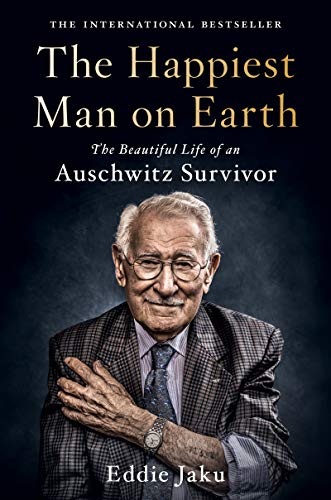
The Auschwitz Photographer
by Luca Crippa
"The Forgotten Story of the WWII Prisoner Who Documented Thousands of Lost Souls"
Popularity
4.99 / 5
* A book's popularity is determined by how it compares to all other books on this website.
Where to buy?
Buy from Amazon* If you buy this book through the link above, we may receive a small commission at no extra cost to you.
The Auschwitz Photographer by Luca Crippa
Details
War:
World War II
Perspective:
Prisoners of War
True Story:
Yes
Biography:
Yes
Region:
Europe
Page Count:
352
Published Date:
2021
ISBN13:
9781728242200
Description
Main Themes and Topics
The Auschwitz Photographer by Luca Crippa explores the harrowing reality of life inside the Auschwitz concentration camp through the lens of the SS photographers forced to document the atrocities. The book delves into themes of trauma, survival, and the moral dilemmas faced by those caught in the machinery of the Holocaust. It raises profound questions about complicity and the power of photography as both a tool of propaganda and an evidential testimony of the past. Crippa provides a poignant reflection on how images, both as a weapon and a record, impact collective memory.
Writing Style and Tone
Luca Crippa's writing style in The Auschwitz Photographer is both gripping and stark. The narrative is presented with meticulous attention to historical detail and a compassionate approach to the sensitive subject matter. The tone is somber and reflective, appropriate for the weighty topics discussed. Crippa balances factual storytelling with emotional resonance, ensuring that the reader is both informed and moved by the experiences described in the book.
Brief Summary
The Auschwitz Photographer recounts the true story of Wilhelm Brasse, a Polish political prisoner tasked with taking photographs inside Auschwitz. The book follows Brasse's journey from his arrest to his coerced role in documenting the lives and deaths of countless individuals in the camp. Through his eyes, readers gain insight into the day-to-day realities of Auschwitz, the often conflicting emotions of those involved, and the haunting legacy left by the photographs he took. Brasse's story is a unique testament to resilience and the complex intersections of art, history, and morality.




![The Tattooist of Auschwitz [Movie-Tie-In]](https://m.media-amazon.com/images/I/51oBZ7tuzeL._SL500_.jpg)




